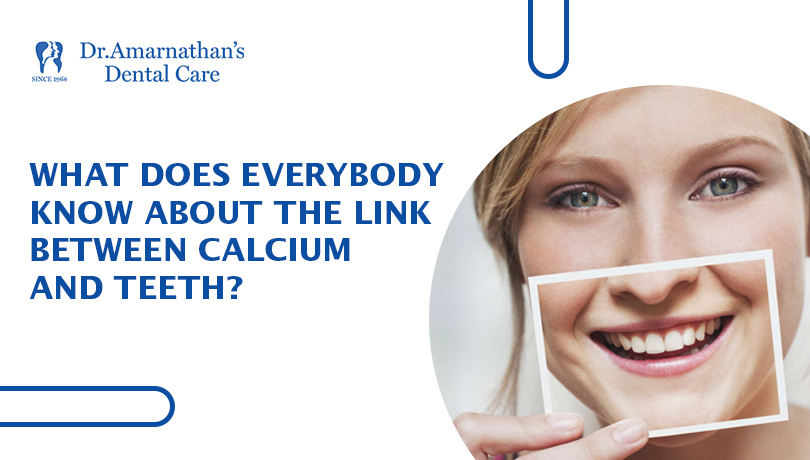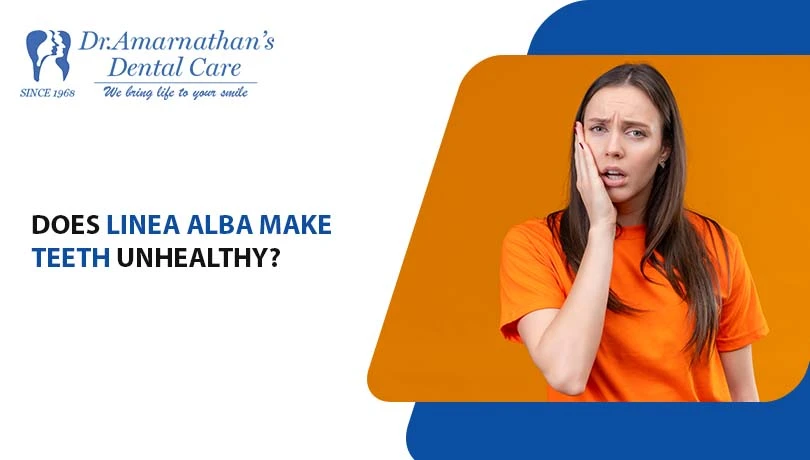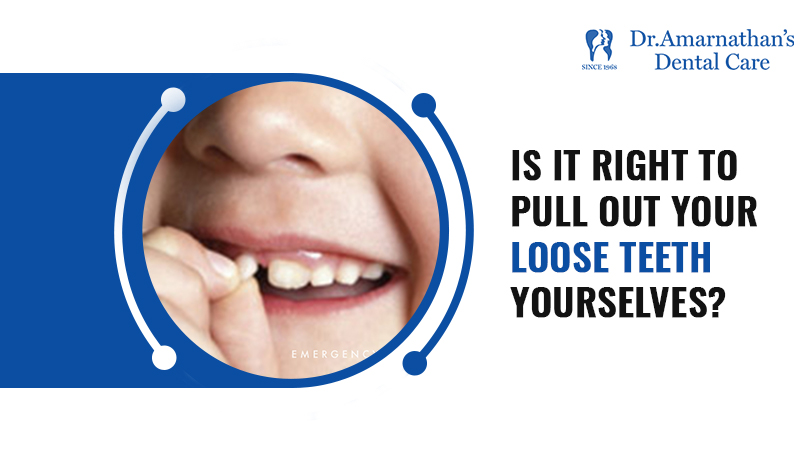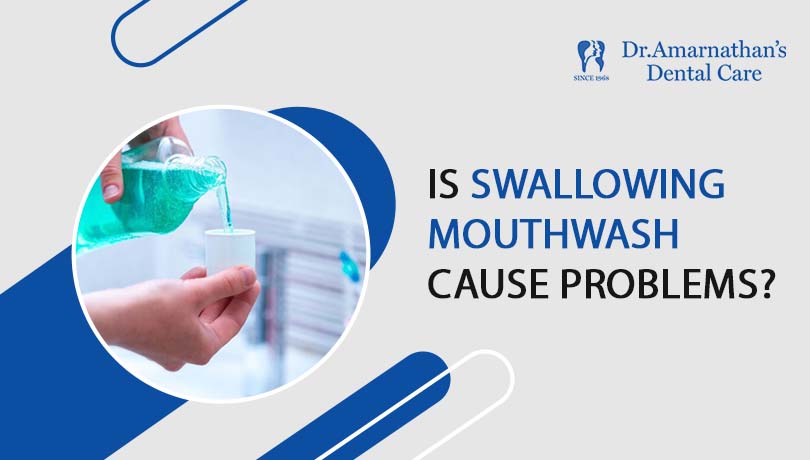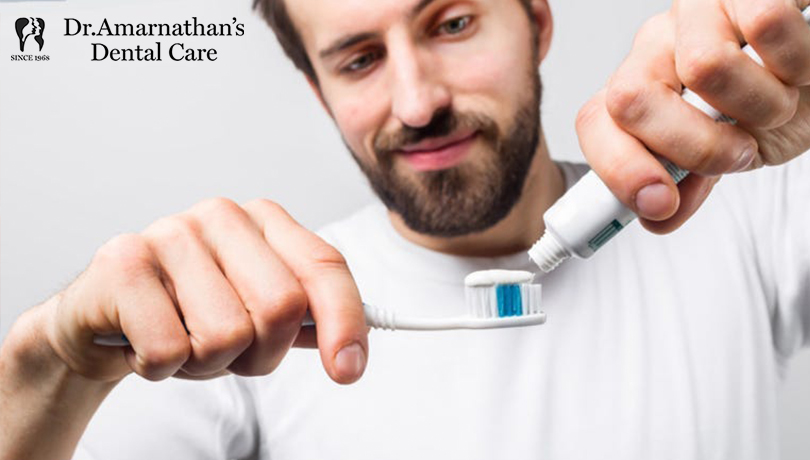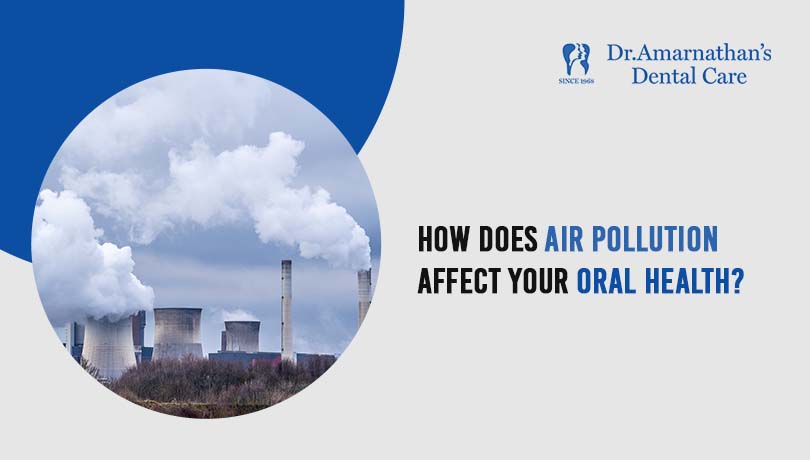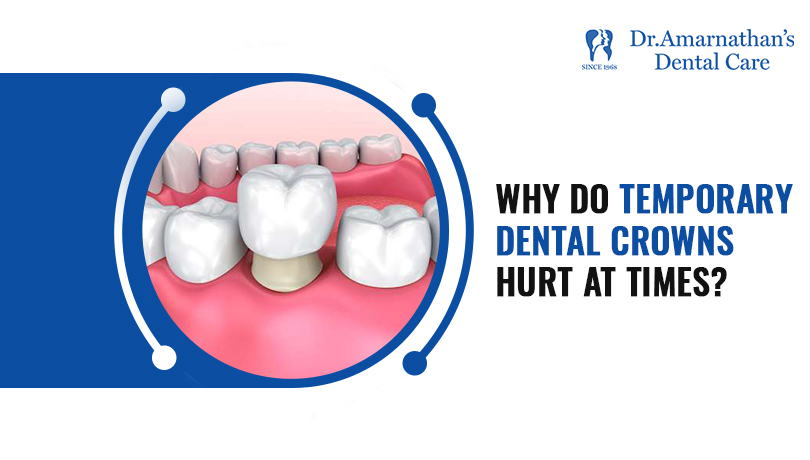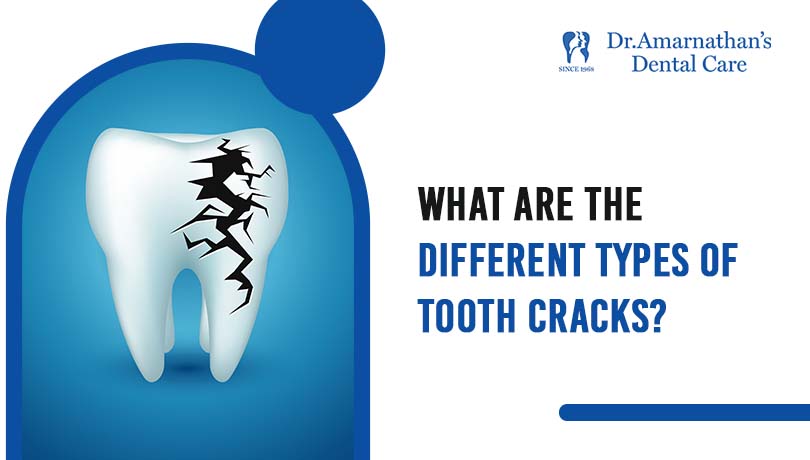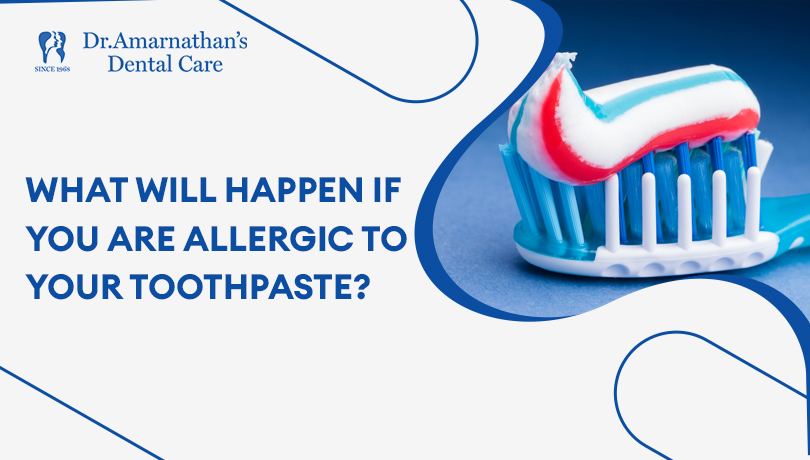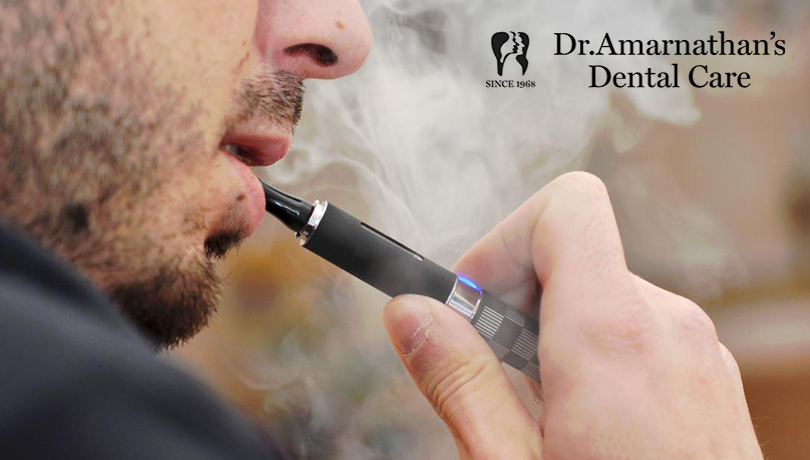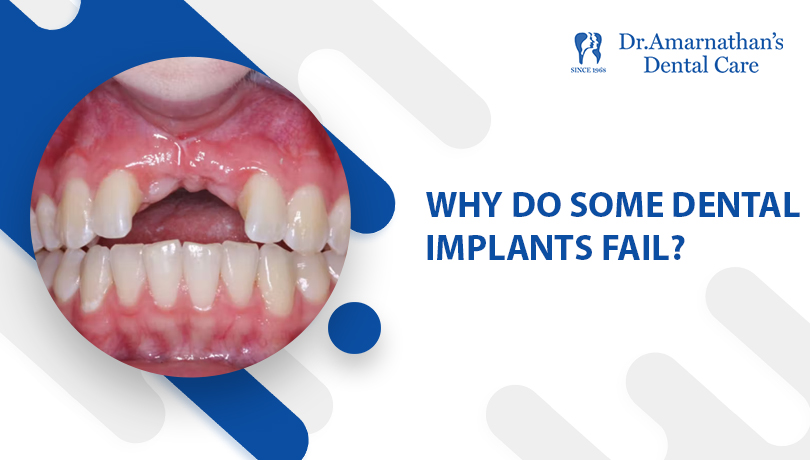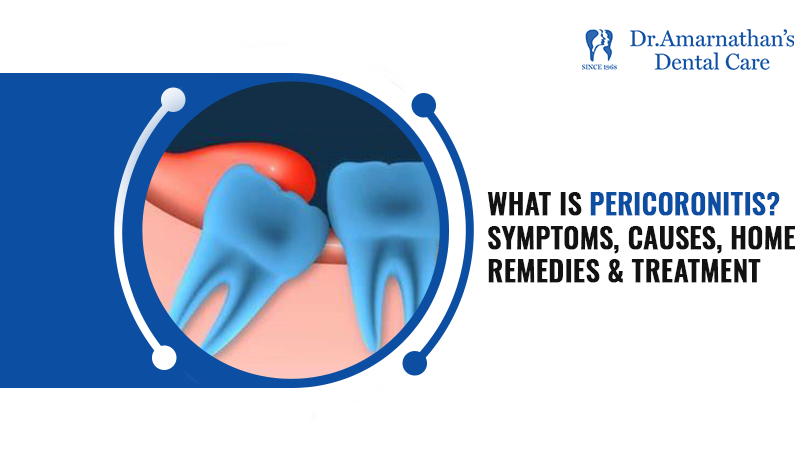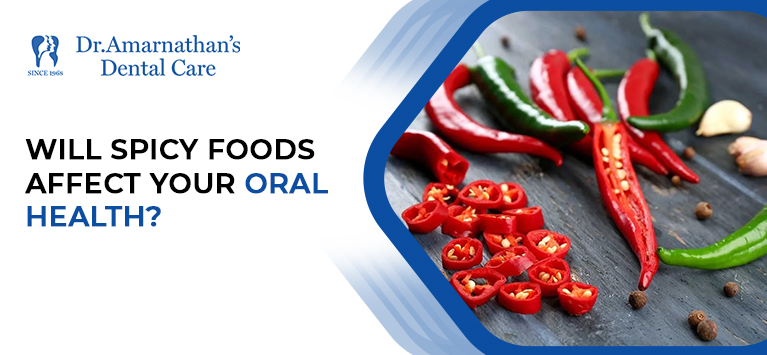
Will spicy foods affect your oral health?
The love for spicy foods will never end for people. Cuisines like chicken curry, chili chicken, masala dosa hold a special place in the favorite food items list of many people. It is because many folks are addicted to the burning flavor the hot, spicy foods provide. Whenever you take pungent cookeries, you might feel mild irritations like itchy tongue, blistering, and redness in the tongue, lips, and even on the gums. Right?
Even though such annoyances hinder within a few hours, it raises the question “Can spicy foods damage my mouth?” This is the query that our patients frequently ask.
Hence we decided to write a blog post regarding this. Keep reading.
Is spicy food bad for your teeth?
Generally, spicy foods do not hurt your teeth and oral tissues whereas some spicy ingredients benefit our oral cavity. For instance, chili powder is a good source of Vitamin A which is essential to strengthen teeth as well as bones.
On the other hand, spice in foods can impact oral health negatively if you maintain a steady diet of spicy foods. You can avoid such adverse effects with proper oral considerations.
Here are some potential dental issues linked to a high intake of spicy meals.
1) Worsen teeth sensitivity
If you have decayed teeth, you might encounter a sensitive feeling in the diseased teeth while having sweets and sugared foods. Similar to sugars and savories, the spicy ingredients also trigger such discomfort. Apart from cavities, hypersensitivity in teeth, teeth with worn-out enamel also provoke such sharp pain.
Likely, the combination of heat and pungent additives that are quite acidic also exacerbate the teeth’ hypersensitivity.
2) Dark dental stains
The particular ingredients in spicy foods are powerful to stain our teeth. Turmeric powder is a well-known example. Chicken curry will never be made without turmeric powder.
Although turmeric powder is a powerful antibiotic, helps digestion, and holds various dental benefits like reducing gum inflammation, it will discolor your teeth if you ingest it frequently through foods. It applies to dark sauces as well.
Hence we advise everyone to rinse their mouths thoroughly after taking spicy meals. Likely, using whitening toothpaste also prevents such stubborn stains.
3) Dental erosion
As spicy cuisines like fried and processed foods are highly acidic, they boost acid reflux conditions. It is followed by bringing up the stomach acids to the mouth recurrently. When stomach acids regurgitate your mouth frequently, they cause an acidic environment inside the mouth.
Such prolonged exposure of teeth to acidic substances will tend to dissolve the hard outer covering of teeth. In such circumstances, the sensitive layers of a tooth are unveiled causing many discomforts.
Dental problems like these are also a problem for those with gastrointestinal illnesses and diseases like GERD.
4) Gum irritation
As discussed in the above section, the acidic nature of pungent foods tends to irritate the gums as well as erode teeth enamel. We have seen blisters, and swelling in the gums of people who consistently consume spicy foods. We advise them to minimize their intake of spicy meals for their oral health well-being.
5) Promotes bacterial growth
Various spicy foods contain a lot of sugar to tone down the spice. Likely, vinegar, lemon, and tomato are also added to hot sauces for flavorings. Needless to say, excessive sugar content will feed oral bacteria. Similarly, the flavorings also contain acidic compounds.
Such combination tends to bacteria growth inside the mouth. It will bring a wide range of dental problems including tooth decay, plaque buildup, foul breath, etc.
Bottom Line
To say a long story short, spicy foods have both positive and negative impacts on your dental health. Excessive consumption of spicy cuisines will have an indirect attack on the hard & soft tissues of your oral cavity.
Keep in mind that you should take pungent cuisines in moderation to protect your dental health whilst maintaining a diet of hot, spicy foods.



